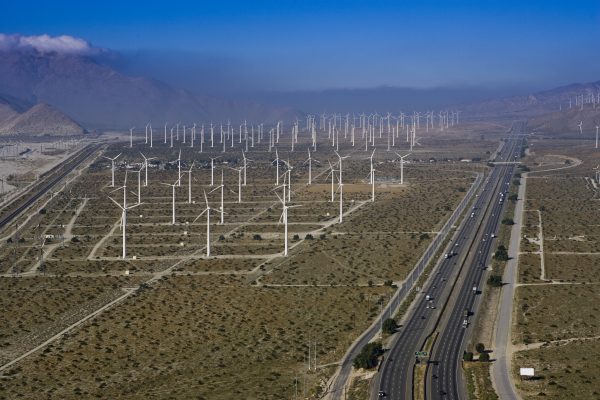Biden’s industrial policy program promises a massive shift from decades of neoliberal orthodoxy. Can it deliver inclusive gains in time?
The post-work movement reckons with reproductive labor.
Janice Fine explains how “co-enforcement”—a bold new model for upholding labor law—is linking the state to social movements.
Instead of pouring public funds into private industry—as the United States did with COVID-19 vaccines—we must build public capacity and prioritize public objectives.
Far from spelling the end of anti-market politics, basic income proposals are one place where it can and has flourished.
Tax breaks for investors don’t help poor communities.
Workers will benefit from technology when they control how it’s used.
Financial Times commentator Martin Wolf says “it's the economy, stupid.” The truth is more complicated.












